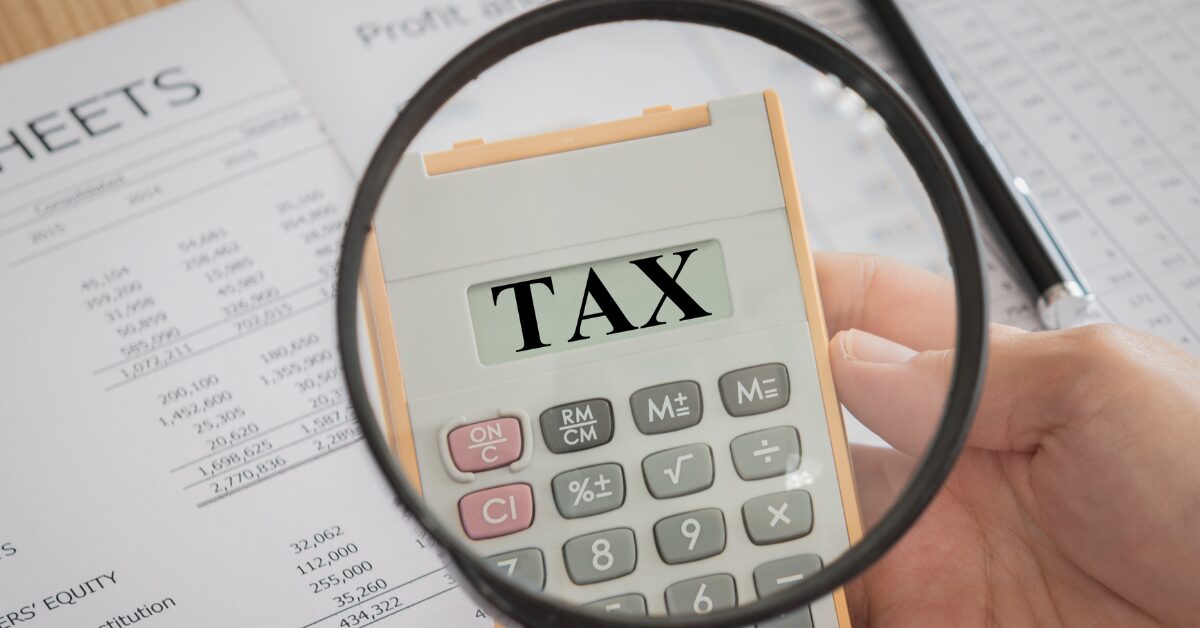In this article:

Owning an investment property doesn’t just build wealth over time; it also offers property investors significant tax advantages.
Understanding what deductions you’re entitled to can make a big difference to your bottom line. However, claiming these deductions requires careful attention to compliance with the Australian Taxation Office (ATO) guidelines. The ATO oversees tax regulations, and staying within their rules is essential to avoid costly penalties or mistakes.
To help you maximise your return and avoid costly mistakes come tax time, here’s our guide to tax deductions for investment properties in Australia.
What Tax Deductions Can You Claim?
Investors can claim a range of deductions on their properties as long as the expenses are directly related to generating rental income. Here’s a breakdown of some common tax-deductible expenses:
1. Loan Interest and Fees
If you have a mortgage on your investment property, the interest charged on your loan is tax-deductible. Additionally, bank fees or charges for servicing your loan can also be claimed. However, note that you can only deduct the portion of interest related to the investment property. For example, if part of the loan was used for personal expenses, you cannot claim that component.
2. Council Rates and Land Tax
Council rates paid during the time the property is rented out are deductible. Similarly, land tax can also be claimed if your property is leased to tenants. Keep in mind that these deductions must align with the period your property was available for rent.
3. Property Insurance
Including landlord insurance in your tax return is wise, as it covers risks like tenant damages or loss of rental income. Premiums for building and contents insurance are also deductible.
4. Advertising Costs
Promoting your rental property through online ads, print listings, or agent signage? All of these advertising expenses are tax-deductible, provided they’re aimed at attracting tenants.
5. Repairs and Maintenance
Expenses incurred for fixing wear and tear, such as repairing a broken door or repainting walls, can be claimed in the same financial year. However, improvements that add long-term value (like installing a new deck) must be depreciated over time.
6. Strata Fees
Owners of apartments or townhouses can claim strata fees or body corporate charges. This typically covers ongoing maintenance of shared areas like gardens or pools.

How much can I borrow?
Use our home loan borrowing calculator to estimate how much you can afford to borrow.
7. Depreciation
Property investors often miss out on claiming depreciation, which includes general wear and tear to the building and its assets. Items such as appliances, carpets, and furniture may also be eligible. To maximise this claim, a depreciation schedule prepared by a qualified quantity surveyor is highly recommended.
8. Pest Control
Professional pest control expenses can be claimed, provided you or your tenant paid for the service.
9. Legal costs
Dealing with legal matters like evictions or unpaid rent? Any legal fees incurred for managing your rental property can be deducted.
What Can’t You Claim?
It’s equally important to know what costs are not deductible:
- Personal Use Costs: If you live in the investment property at any point, you can’t claim deductions for those periods.
- Principal Loan Repayments: Only the interest component of your mortgage is deductible. Repaying the principal loan amount cannot be claimed.
- Expenses Paid by Tenants: If tenants cover specific costs, such as garden maintenance, you can’t claim these expenses.
- Costs of Purchase or Sale: Legal fees or stamp duty related to purchasing or selling the property are not deductible but may be included in your capital gains tax (CGT) calculations.
How to Claim Deductions on Your Investment Property?
The Australian Taxation Office (ATO) takes compliance seriously, so it’s important to get your claims right:
- Keep Accurate Records
Ensure you maintain detailed records of all income and expenses related to your rental property. Include receipts, bank statements, invoices, and contracts. These should be kept for at least five years. - Separate Property and Personal Expenses
If your loan or property is partly used for personal purposes, track the exact percentage for business use to claim deductions accurately. - Claim Expenses in the Right Year
For example, repairs can be claimed the same year they occur, but renovations or improvements will be depreciated over time. - Consult an Expert
Navigating the complexities of tax law can be overwhelming. Engaging a qualified specialist ensures you’re maximising deductions while staying compliant.
Why Consult an Expert?
While online resources provide a strong foundation, a licensed accountant will tailor advice to your specific circumstances. They can pinpoint less obvious deductions, save you time during tax season, and help avoid costly errors.
At Y Home Loans, we’re here for every stage of your property investment journey. Whether it’s securing finance for your next property or helping you understand mortgage implications on your tax return, our home loan specialists are ready to help.
With access to over 35 lenders and thousands of products, we’ll find a solution tailored to your property goals.
Looking to expand your portfolio? Contact us today to discuss low-rate investment property loans or refinance options that suit your needs.



